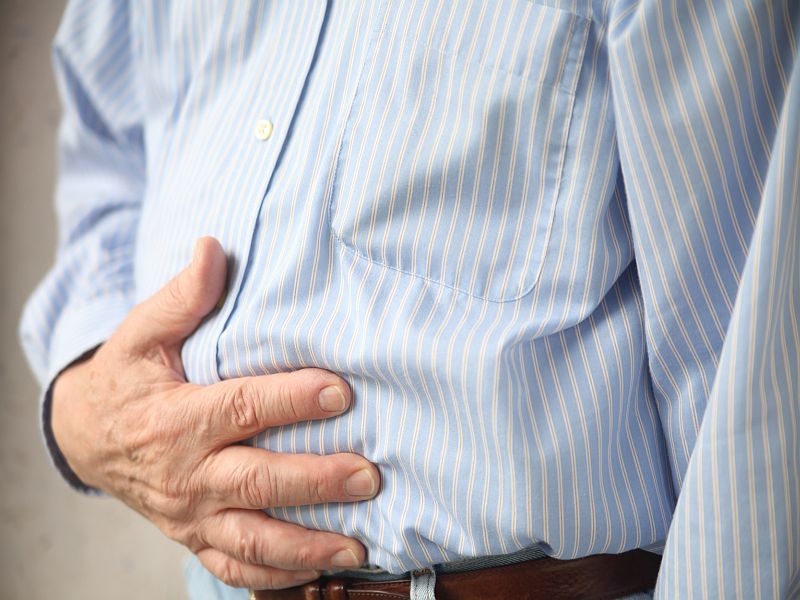
As many as 20 million Americans have gallstones. Most don’t have any symptoms, but not all will escape a gallstone attack. The gallbladder is a small organ in the upper right abdomen. It’s a reservoir for bile, the fluid made by the liver to aid digestion. Experts aren’t sure why, but gallstones form from imbalances… read on >






























